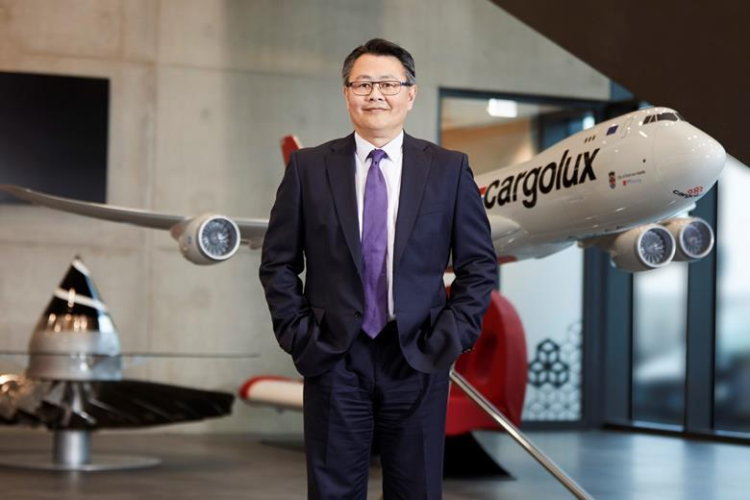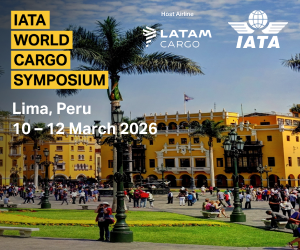Richard Forson, Cargolux
The Cargolux Group (Cargolux) generated a positive net result for its 2024 financial year, registering the strongest results outside of COVID years. Cargolux generated:
1. Revenues of US$3,324 million.
2. Profit After Tax of US$448 million.
This financial result further strengthens the Group’s Balance Sheet, bolstering its resilience in an increasingly volatile market situation.
“I am pleased to announce the exceptional results we have achieved in 2024. Our agile approach to business, and our people’s commitment to service excellence, enabled Cargolux to swiftly adapt to changing market dynamics, securing yet another remarkable year”, says Richard Forson, President & CEO of Cargolux.
Cargolux has reported that the first half of 2025 has exceeded expectations, defying earlier projections of a flat market and offering cautious optimism amid ongoing geopolitical and trade uncertainties.
President and chief executive Richard Forson said that while the year began under a cloud of concern as air cargo demand remained more resilient than anticipated.
“The first half of the year has been a lot better than we had originally thought,” Forson said. “People have been moving goods ahead of tariff implementation or in response to changes, delays, or reductions in those tariffs. That front-loading effect has positively impacted demand.”
Earlier this year, the Luxembourg-based all-cargo carrier had warned of potential headwinds from tariff-related disruptions, coupled with the ongoing war in Ukraine and instability in the Middle East. However, Forson said the market has shown surprising agility, with many shippers accelerating volumes to pre-empt policy changes.
While Cargolux has made minor adjustments to its network to accommodate shifting demand patterns, Forson emphasized that the carrier remains committed to preserving its core route structure.
“We try to maintain our core network,” he said. “Everything over and above that, we are flexible in being able to meet additional demand. But our red line is clear: we will not operate routes that do not cover variable costs.”
Looking ahead, Forson acknowledged that market visibility remains limited and will depend heavily on the direction of ongoing trade negotiations and global economic sentiment.
“You can either think positive or negative, but the market will be what the market is,” he said. “What matters is how you respond to those changes.”
Fleet Strategy and 777-8F Update
Cargolux has also reaffirmed its long-term fleet renewal plans, with an order for 10 Boeing 777-8 Freighters and options for six more to replace its aging fleet of Boeing 747-400Fs.
While the first deliveries were initially expected in 2027, ongoing certification and supply chain challenges at Boeing have pushed the timeline back to 2028.
Forson said the delay is not a major concern for Cargolux, which had factored such risks into its planning.
“We had already anticipated deliveries around 2027 and 2028, so we built in buffers,” Forson noted. “We’re also working closely with Boeing, and there’s growing confidence as the 777-9 certification progresses. It appears they are turning a corner.”
Cargolux currently operates a fleet of 30 Boeing 747 freighters, comprising 14 747-8Fs and 16 747-400Fs. Despite their age, Forson said the 747-400Fs continue to perform strongly and will be phased out over the next three to five years.
About potential future aircraft acquisitions, Forson said: “We will see how the market develops and whether there’s a long-term need for expansion. We don’t chase short-term gains; we plan for sustainability.”
As global air cargo markets remain in flux, Cargolux’s steady hand and long-range strategy appear to be paying off—positioning the airline to adapt to evolving trade flows without compromising financial discipline or operational integrity.





